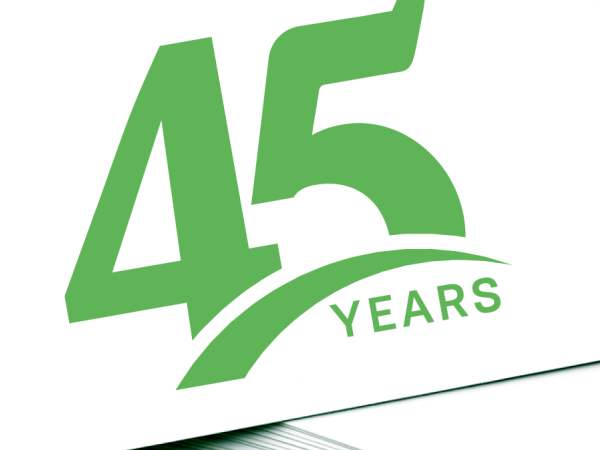EUDR is almost here – what does it mean for our industry and your business?
The provisions of EU Deforestation Regulation (EUDR) become applicable from 30 December this year, with new implications and responsibilities for all of us.

We all appreciate that for our industry to survive and thrive the forests that supply the trees on which we depend must continue to flourish. Sourcing from sustainable, certified forests has long been central to the operation of the paper industry in Europe. Now EUDR – which will be fully applicable from the end of December – is set to play an additional role in combatting deforestation around the world.
Why EUDR is being implemented
The EU is aiming to combat global deforestation by ensuring that supply chains to, from and within EU countries are neither associated with deforestation nor forest degradation (where the biological or economic productivity of the forest is reduced or lost). EUDR states that relevant products placed on the EU market, or exported from the EU, must demonstrate that their supply chains haven’t contributed to the destruction of forests around the world.

The new legislation is wider in scope than the regulation it replaces (2013’s EU Timber Regulation), not least because it also covers a range of commodities including soy, cattle, palm oil, rubber, coffee and cocoa alongside wood. It also acknowledges that the international timber trade is only a small part of the problem, noting that “agricultural expansion drives almost 90% of global deforestation, with more than half of forest loss due to conversion of forest into cropland, whereas livestock grazing is responsible for almost 40% of forest loss”.
What EUDR means to businesses
The relevant commodities listed above must not be made available in or exported from the EU unless three conditions are fulfilled:
- They originate from land that is deforestation-free (and not subject to forest degradation)
- They have been produced in accordance with the relevant legislation of the country of production – including land use rights, environmental protection, labour rights and the necessary tax, trade and customs regulations
- They are covered by a due diligence statement (DDS)
As the European forest sector has made significant strides in fulfilling the first two conditions, the DDS will be the critical new component.

Operators – those who place wood-based products on the EU market or export them - must exercise due diligence to ensure that these products are deforestation-free and legally compliant. They are also required to communicate all necessary information down the supply chain to confirm that due diligence was conducted, and that no risk or only negligible risk was identified. This includes providing the reference numbers of due diligence statements associated with the products.
To help navigate the new situation, the European Commission has promised a revised version of its FAQs on EUDR and has also promised a guidance document that should include important definitions and clarifications. Additionally, both PEFC and FSC forest certification systems offer valuable information and tools for certificate holders to support compliance with the EUDR.
What Sappi is doing
Sappi's supply-chain and IT experts have been at work developing practical solutions for interacting both with our customers and our suppliers. We are improving our IT systems so that they can efficiently handle reference numbers and geolocation data, before compiling and submitting DDSs for our sales, both within and outside the EU.
At the same time, the company is working with partners to address this issue head on.
“Sappi is firmly committed to zero deforestation and thus shares the aims of the EUDR. We are working as part of the community of Confederation of European Paper Industries (CEPI) and other organisations to build a common understanding and approach to EUDR across the value chain.”


